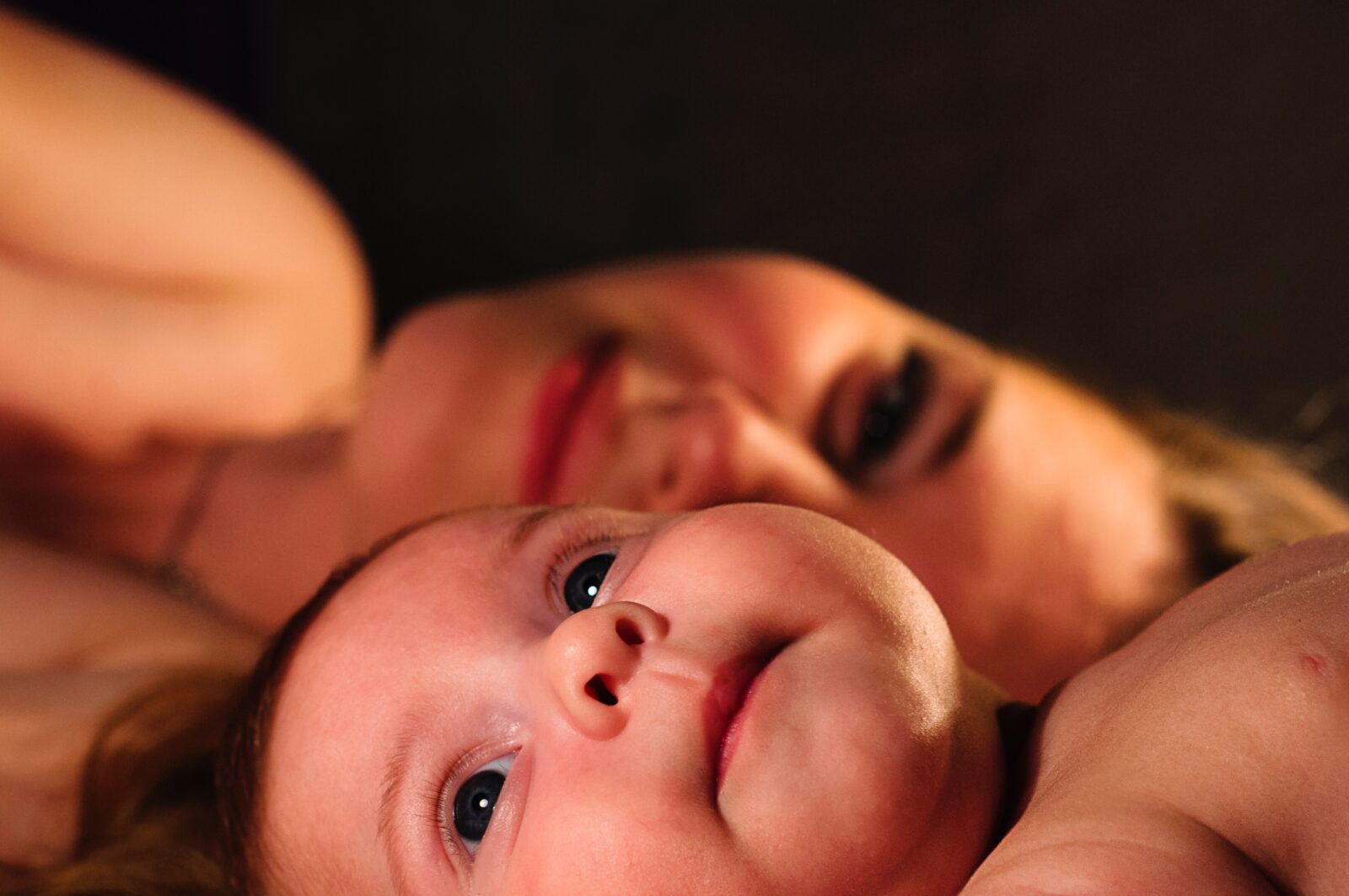The weight of the newborn is a general sign of health. From the first day of life, doctors will keep an eye on your newborn’s length, body, and head size.
Factors that affect your newborn’s size
In general, babies are born between 37 and 40 weeks. Therefore, the weight of the newborn depends on the length of the pregnancy as well. Babies who are born later are more likely to be bigger than babies born earlier.
If your baby is slightly smaller or larger, it doesn’t necessarily mean something is wrong. However, the doctor might pay more attention to your baby’s development. The size of the parents also has a role in the birth weight of a newborn. Experts have noticed that some first borns are more likely to be smaller than babies born later. There is also a gender difference as girls usually weigh less than boys.
If the mom has certain health problems, the newborn might weigh less than average—for example, high blood pressure or heart conditions. However, smoking, alcohol and drugs might also result in a smaller size baby. Diabetes and obesity have the opposite effect—babies tend to be born bigger.
Nutrition is essential during pregnancy. If the mom doesn’t have a healthy diet, the baby might be born smaller. On the other hand, if the mom gains a lot of weight, the baby might weigh more than average. In the worst-case scenario, congenital disabilities can become a factor for the newborn’s weight issues. The same goes for infections during pregnancy.
Underweight and overweight babies
Although chubby cheeks are super cute, it might mean your baby weighs more than average. Sometimes bigger babies have medical conditions. If the mother has diabetes, it might be hard to keep the baby’s blood sugar levels high. In this case, the mom needs to feed the newborn more often. However, in certain situations, the baby will receive glucose through an IV.
It is completely normal for babies to lose weight in the first couple of weeks. However, if the newborn doesn’t regain its birth weight after a few weeks, it could become a problem, and you should seek medical attention. Read below to find out more about the average weight and length for babies up to one year.
Average weight and length for boys
- a newborn baby weighs 3,3 kg and measures 49,9 cm
- a one-month-old baby weighs 4,5 kg and measures 54,7 cm
- a two-month-old baby weighs 5,6 kg and grows up to 57,9 cm in length
- a three-month-old baby weighs 6,4 kg and has 60,8 cm
- a four-month-old baby weighs 7 kg and measures 63,9 cm
- a five-month-old baby weight 7,5 kg and measures 65,9 cm
- a six-month-old baby weighs 7,9 kg and measures 67,6 cm
- a seventh-month-old baby 8,3 kg and measures 69,2 cm
- an eight-month-old baby weighs 8,6 kg and reaches 70,6 cm in length
- a nine-month-old baby weighs 8,9 kg and measures 72 cm
- a ten-month-old baby weighs 9,2 kg and measures 73,3 cm
- an eleven-month-old baby weighs 9,4 kg and measures 74,5 cm
- a one-year-old baby weighs 9,6 kg and measures 75,7 cm
Average weight and length for girls
- a newborn baby weighs 3,2 kg and measures 49,1 cm
- a one-month-old baby weighs 4,2 kg and measures 53,7 cm
- a two-month-old baby weighs 5,1 kg and grows up to 57,1 cm in length
- a three-month-old baby weighs 5,8 kg and has 59,8 cm
- a four-month-old baby weighs 6,4 kg and measures 62,1 cm
- a five-month-old baby weight 6,9 kg and measures 64 cm
- a six-month-old baby weighs 7,3 kg and measures 65,7 cm
- a seventh-month-old baby 7,6 kg and measures 67,3 cm
- an eight-month-old baby weighs 7,9 kg and reaches 68,7 cm in length
- a nine-month-old baby weighs 8,2 kg and measures 70,1 cm
- a ten-month-old baby weighs 8,5 kg and measures 71,5 cm
- an eleven-month-old baby weighs 8,7 kg and measures 72,8 cm
- a one-year-old baby weighs 8,9 kg and measures 74 cm


























Leave a Reply